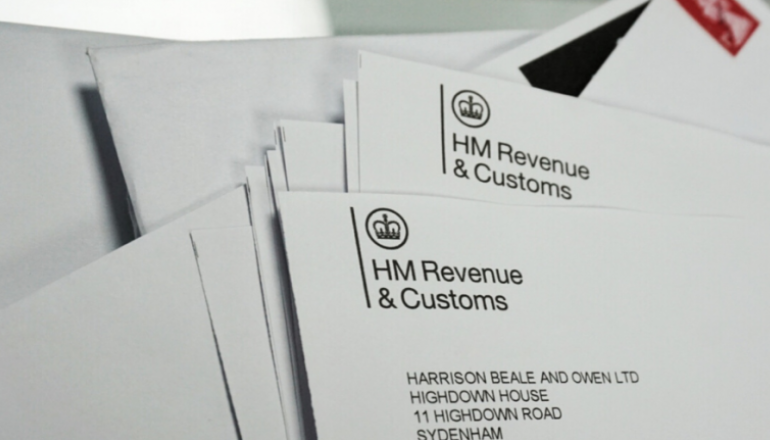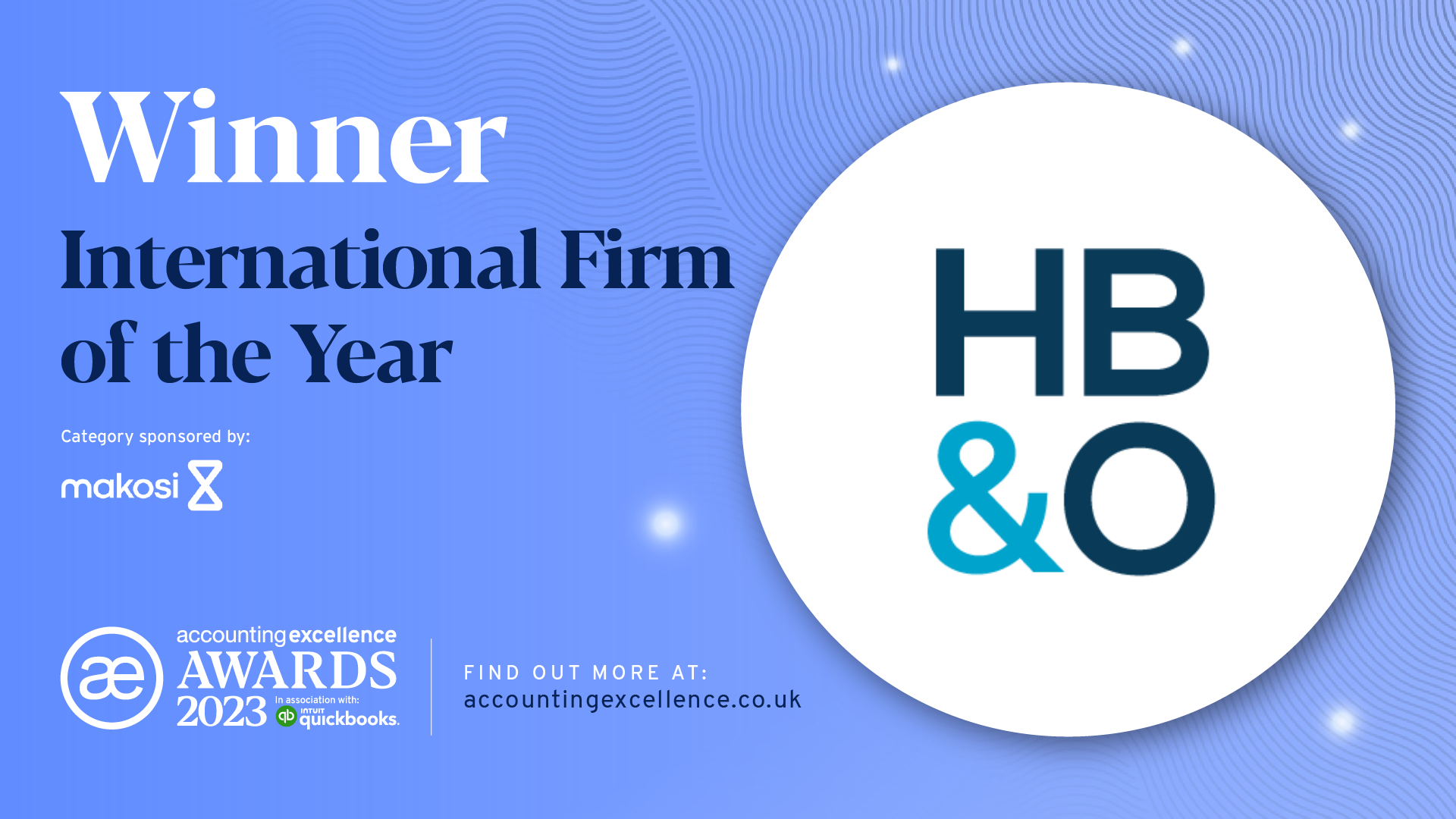Giving gifts to your employees can be a great way to increase engagement and raise the overall morale of your team, but how much can you give before tax is incurred? And how do the rules differ if you are giving gifts to your directors?
In the UK, giving gifts can potentially attract tax liabilities if not managed correctly. HMRC’s Trivial Benefits rules provide a framework to ensure that small, infrequent gifts remain tax-free, helping employers prevent unexpected tax burdens.
Understanding HMRC’s Trivial Benefits Rules
- What counts as a Trivial Benefit?
As part of HM Revenue & Customs’ (HMRC’s) Trivial Benefits Scheme you can give gifts to your employees to mark birthdays, weddings or just ‘because’, all without attracting any adverse tax or National Insurance (NI) implications. The cost of this is also tax-deductible by the company.
Owners can also benefit from the same Trivial Benefits scheme, although care needs to be taken that the frequency in using the trivial benefits exemption, does not create a legitimate expectation.
- Conditions for exemption under Trivial Benefits
These gifts cannot be cash or a cash voucher, cannot be contractual (including under salary sacrifice arrangements), and the cost must not exceed £50 per gift. Further, the exemption is not available for the reimbursement of expenditure incurred by the employee, as the reimbursement will be a cash payment.
Gift cards are fine as long as they’re not pre-loaded debit cards that can be used to withdraw cash – remember you cannot give cash as a gift
Tax-free gift policies for employees and directors
- Examples of tax-free gifts
If an employee is given a hamper below a value of £50, for their birthday or because your feeling generous, it would fall within the exemption. However, if they were given a hamper for hitting a sales target, that would be taxable. To break it down, you can’t gift your employees anything if it’s related to company or individual performance without incurring tax.
- Implementing a compliant gift policy
Establishing and implementing a compliant gift-giving policy involves clearly defining Trivial Benefits according to HMRC’s guidelines, setting a £50 value limit (including VAT) per occasion, and specifying non-cash, non-contractual gifts. The policy should encourage occasional, spontaneous gift-giving rather than regular rewards. Key steps include developing a comprehensive policy document, training employees, establishing an approval process, and maintaining a tracking system. Regular reviews and audits ensure compliance and mitigate risks. This approach promotes transparency, fairness, and employee satisfaction while ensuring tax compliance.
Special considerations for directors
- Limits and conditions specific to directors
The Trivial Benefits rules have specific limits and conditions when it comes to directors of close companies, which is typically a limited company that is controlled by five or fewer shareholders or any number of shareholders who are also directors. For these directors, the total of Trivial Benefits cannot exceed £300 in any year (which includes where the benefit is provided to a member of the employee’s family or household who is not an employee in their own right; where the family member or member of the household is an employee themselves, they will be subject to their own £300 cap). Although not limited for other employees, if it becomes a regular gift then it’s likely to be treated as a reward for services – which would then have tax implications.
- How directors can maximise tax benefits
If over the course of a year, a director awarded themselves 6 x £50 gift cards (maxing out the £300 cap) as a higher-rate taxpayer they could save around £130 in tax and NI contributions compared with a £300 salary. The company would also save about £42 in NI. However, it is important to note that these benefits cannot be provided under salary sacrifice arrangements.
Common missteps and how to avoid them
- Typical errors in gift reporting and taxation
Common mistakes in gift reporting and taxation often arise from misunderstanding of tax rules, misclassification of gifts, along with failure to adhere to reporting obligations potentially leading to tax implications and penalties. Additionally, insufficient documentation, incomplete communication with recipients, and overlooking reporting thresholds also contribute to errors. To avoid these pitfalls, it is essential to understand the gift tax rules, maintain detailed records, and comply with reporting requirements.
- Best practices for maintaining compliance
Trivial benefits can be provided to employees without any adverse tax or NI implications, and with no need to report them on a P11D form (the HMRC form used to report any ‘benefits in kind’ that you have provided to an employee).
Employers wishing to provide gifts with a value of more than £50 can do so without creating a taxable benefit arising on the employee, by including the gifts in a PAYE Settlement Agreement, where the employer settles the tax/NIC due, based on the grossed-up value.
Future outlook and changes in tax regulation
- Anticipating and preparing for changes to Trivial Benefits legislation
Anticipating changes to Trivial Benefits legislation is essential for businesses to ensure compliance and effectively manage their gift-giving practices. Staying informed about updates from HMRC regarding tax regulations is crucial, as changes may impact how benefits are provided. Consulting with tax advisors can provide valuable insights into potential legislative changes and help navigate compliance requirements.
Talk to us about meeting the rules around employee gifts
At HB&O, we understand the importance of adhering to HMRC regulations around employee gifts to ensure both your team members and your business remain on the right side of tax obligations. Our specialist tax team can help you create understandable internal guidelines to make sure gifts don’t unintentionally fall outside of the rules so please don’t hesitate to get in touch to find out more.
Email: [email protected]
Phone: 01926 422292












